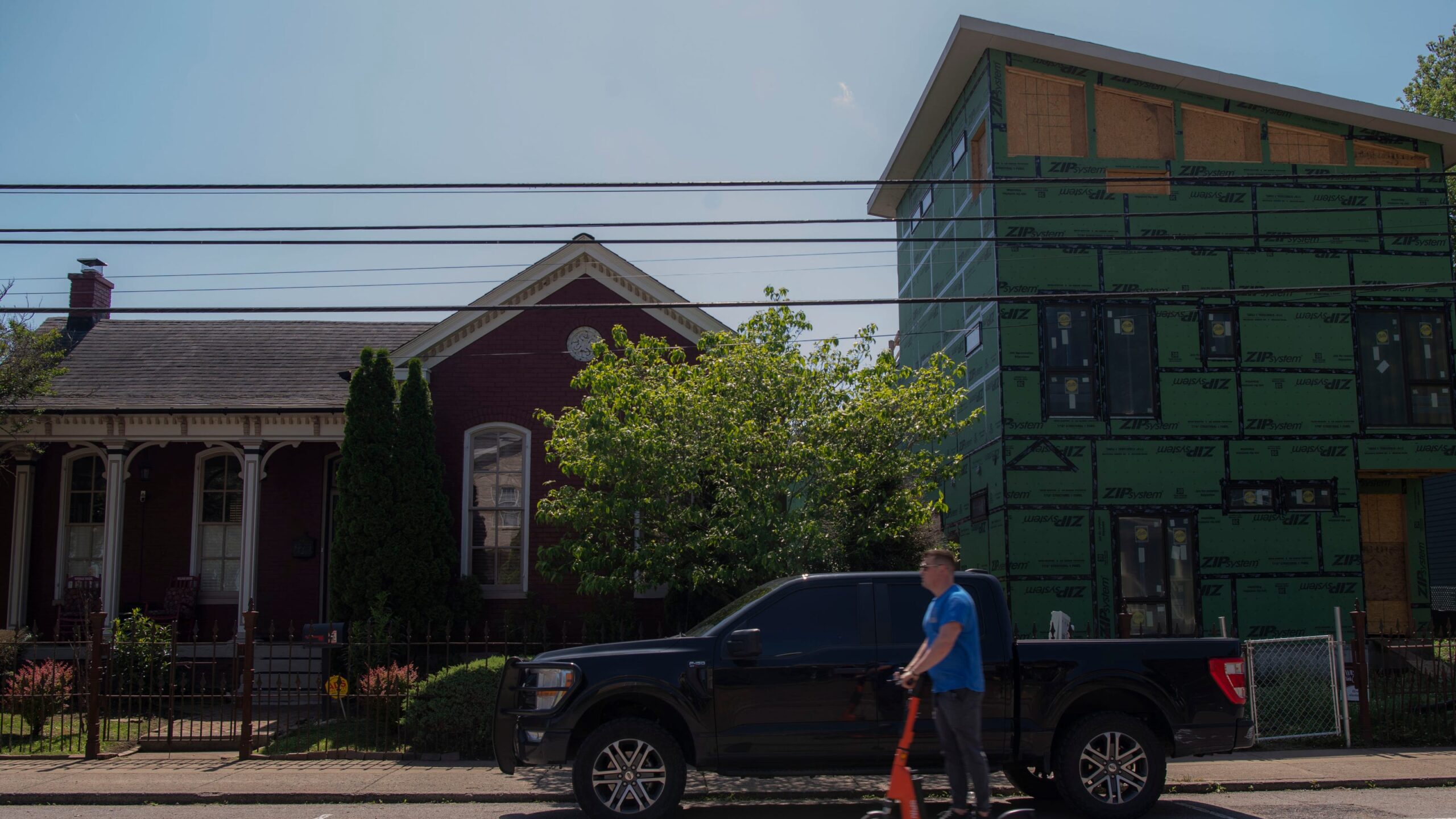
- Nashville needs about 5,000 new homes per year to address its affordability problem.
- Local officials and developers agreed more needs to be done to incentivize new housing development.
- Preservation of existing homes is also a priority in both the public and private sectors.
In Nashville, much like in the rest of the country, experts agree the housing shortage is dire, and many workers have found themselves at the center of an affordability crisis.
According to the Nashville Area Chamber of Commerce, 72% of Nashville workers make less than $60,000 per year, meaning the majority of workers qualify for income-restricted affordable housing.
The problem, experts agree, is the extreme shortage of housing in Nashville, especially in comparison to the rise in population of the Middle Tennessee region. According to the Metro Planning Department, Nashville needs to gain 5,000 units of housing per year until 2030 to keep pace with the growth of the region.
Meanwhile, 93% of the housing that has been built over the past decade in the area is in the luxury class, leading to a short-term oversupply of high-end housing, especially rental apartments. But homes that are affordable to the average worker are severely lacking.
“We’re talking about your children’s teachers,” Council Member Burkley Allen said of the workers struggling to afford housing. “We’re talking about your dental hygienist. These are hard-working, regular people who need to be able to live in Nashville.”
Local and state elected officials and leaders in the private sector convened Thursday to discuss solutions at the “Housing Matters: Meeting the affordability challenge with production” conference, hosted by Nashville Area Chamber of Commerce and Alliance for an Affordable Nashville. Speakers and panelists also brought case studies to platform the creative solutions already being deployed locally and in other cities.
Here are the key takeaways from the conference.
Solutions: From federal development subsidies to preserving
The funding tools and public subsidies available to affordable housing developers have expanded in recent years thanks to efforts of local legislators.
Aside from the Barnes Housing Trust Fund, which has invested more than $108 million in affordable housing development and preservation since its 2013 inception, Metro has also instituted the mixed income housing Payment in Lieu of Taxes program (PILOT). That program, which is designed to incentivize mixed income housing, has helped to fund hundreds of units in its first two program cycles.
But more tools are still needed, according to Tennessee Housing Development Agency executive director Ralph Perrey.
“We need some additional tools for development,” Perrey said. “The general assembly has approved legislation that allows us to develop the framework for a state housing tax credit, funding decisions to follow, but it gives us the potential for an additional resource that we can layer on top of the federal credits we have and likely increase the amount of affordable units we can develop each year.”
Perrey said cooperation between state and local leaders will be crucial to attacking the affordability crisis and that there is hope.
Bipartisan housing bills (SB1137/HB1229 and SB2496/HB2623) passed this year open the doors for Metro to launch creative solutions to funding gaps regarding housing development or preservation.
Creating stability through preservation
One of the biggest challenges, panelists at Thursday’s event said, is preserving existing, naturally affordable apartment buildings and single-family homes amid Nashville’s rapid development churn.
Several organizations in Nashville are dedicated to preserving existing housing stock and maintaining its affordability as preservation is oftentimes far less expensive than building new housing.
Andrea Prince, of Rebuilding Nashville Together, focuses on funding maintenance and repairs for homeowners who would otherwise be forced to sell their home and move away from the city.
“If we’re turning over affordable units and making them unaffordable, we’re losing ground,” Prince said. “That’s why it’s so important to be able to keep the affordable housing we already have. It’s also faster and cheaper than building a new unit, and it’s more sustainable in the long run for the environment.”
Companies like Urban Housing Solutions, Pathway Lending and The Clear Blue Company are working to acquire aging units, complete necessary repairs and maintenance to keep them affordable in the long run.
